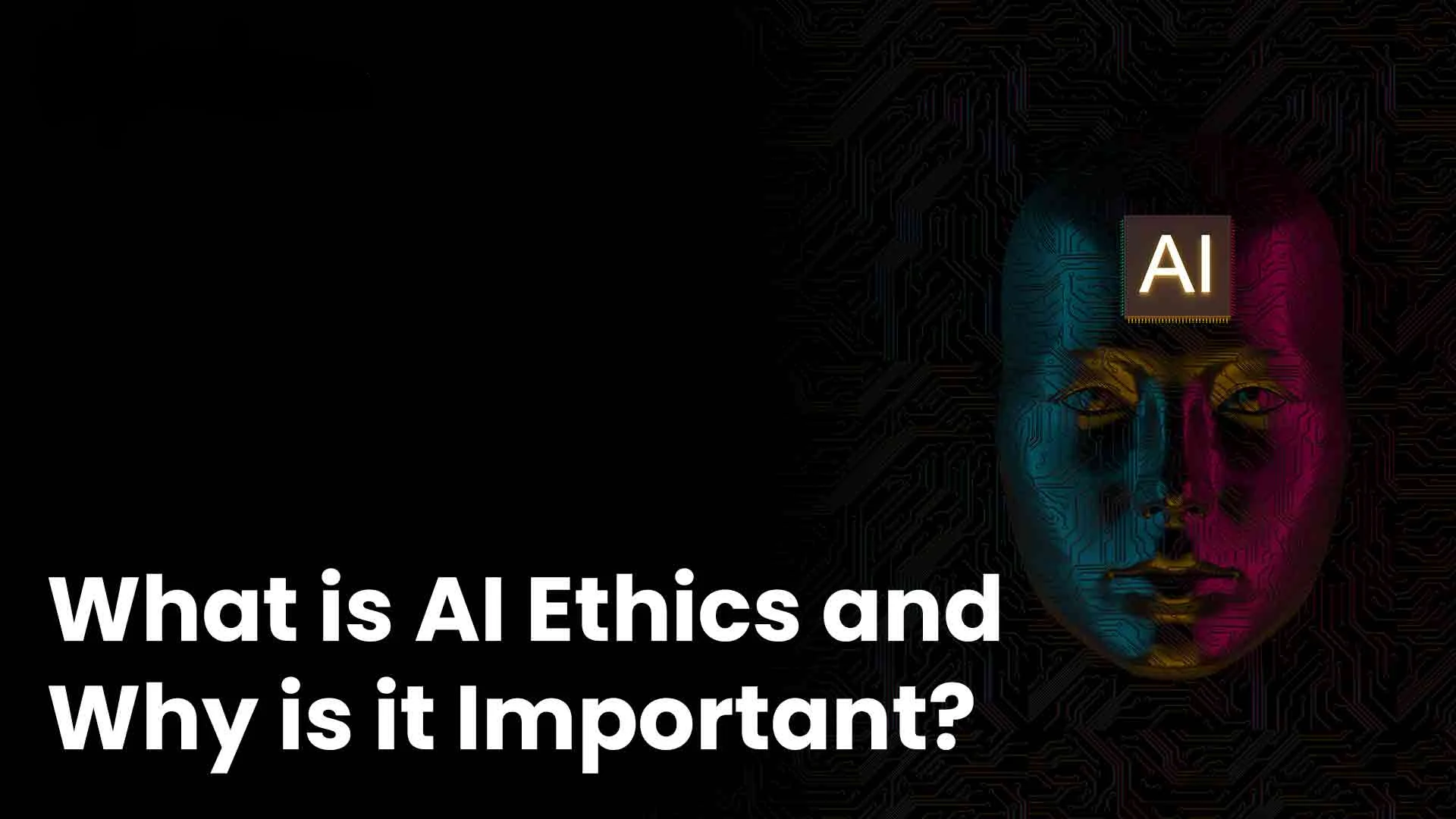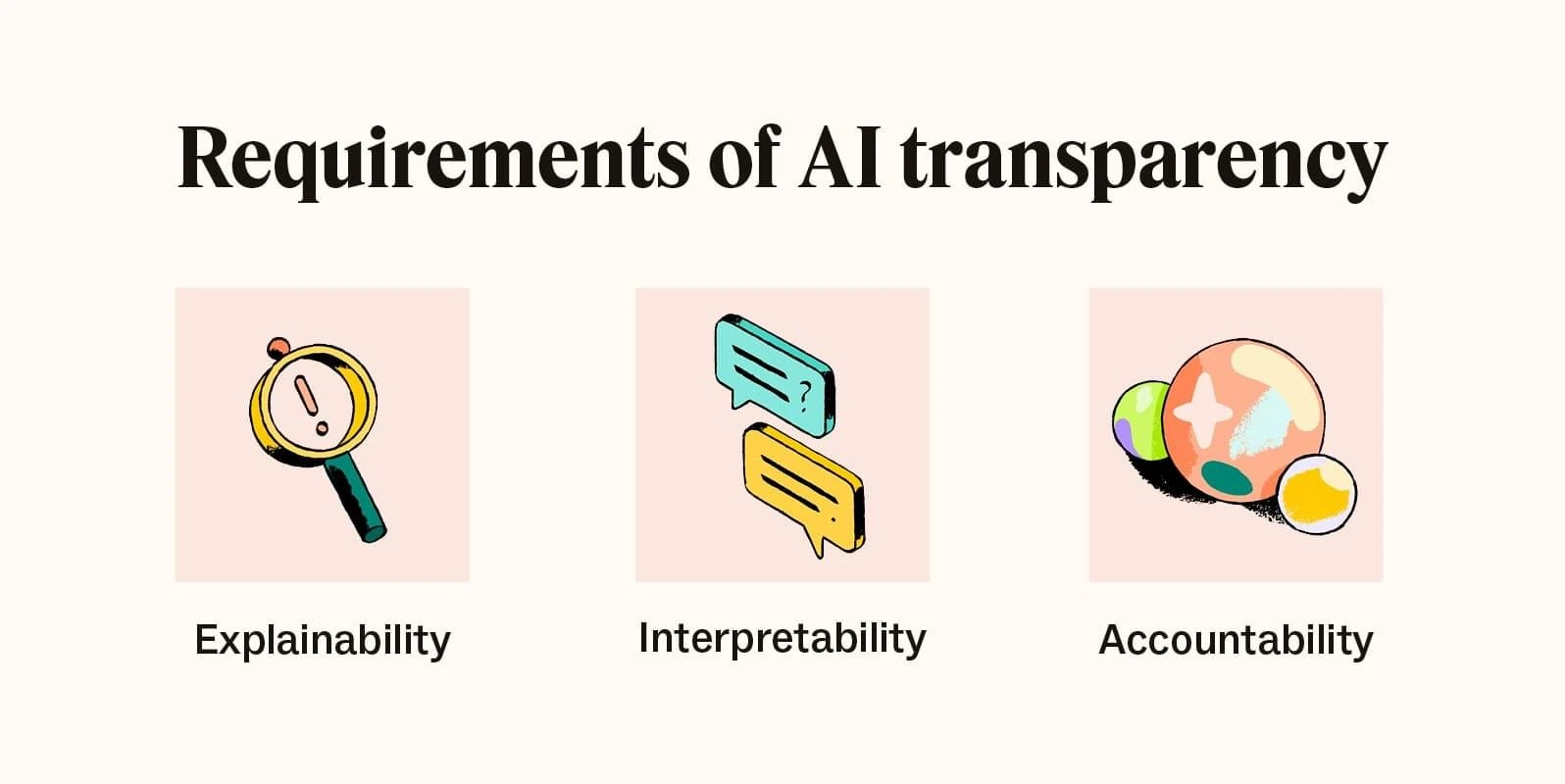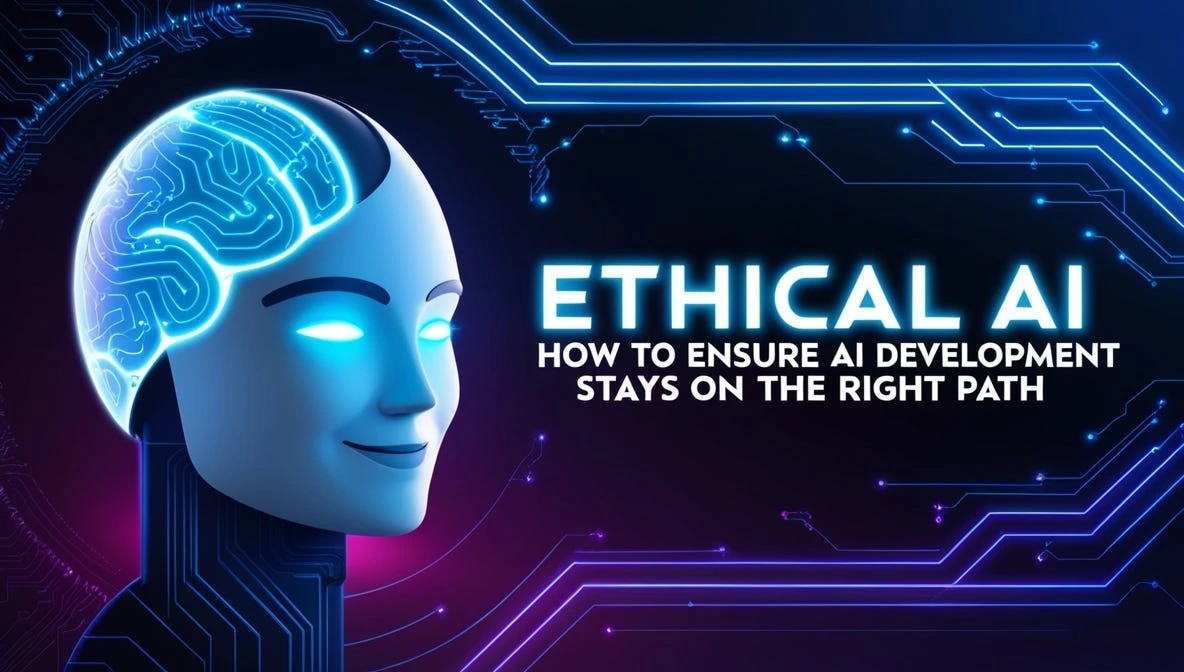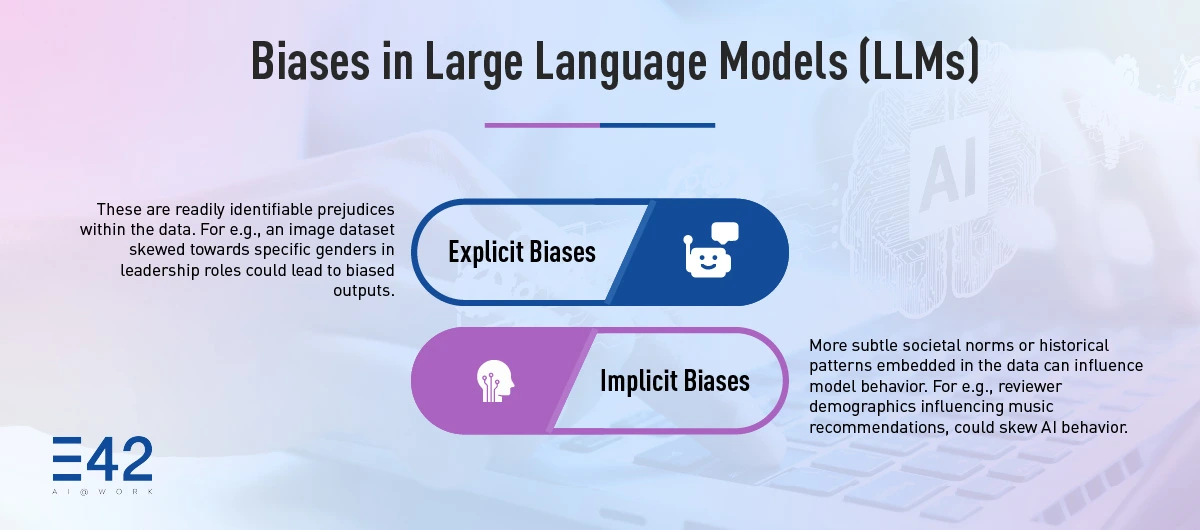Let’s face it—AI is no longer a buzzword; it’s an undeniable reality shaping industries, workplaces, and even homes. But with its rapid integration into our lives, one crucial question often lingers in the background: Are we building AI systems responsibly? This isn’t just about innovation; it’s about building trust, fostering transparency, and ensuring ethical accountability. And that’s where AI ethics takes center stage.
The Heart of the Problem: Bias in AI Systems
Ever encountered a chatbot that seemed biased or faced a recommendation system that somehow excluded you? These aren’t one-off incidents—they’re manifestations of inherent bias in AI systems.
AI learns from data, and data often reflects societal inequities. Picture this: If historical hiring data favors a certain demographic, an AI-driven recruitment tool might perpetuate this bias. Addressing these challenges isn’t about blaming the technology—it’s about reevaluating the systems feeding it.
Personal Insight:
I remember testing an AI assistant designed for job recommendations. Despite similar qualifications, two friends received vastly different suggestions. That was my first real encounter with bias in AI systems, and it struck me how something so subtle could have far-reaching consequences.
The Balancing Act: Privacy in AI Applications
Does it ever feel like your devices know you too well? That’s the double-edged sword of AI in privacy. While tailored suggestions feel helpful, they often come at the cost of personal data.
From fitness apps tracking health metrics to smart home devices logging daily routines, the data we unconsciously share can be immense. The big question is: How much are we willing to trade for convenience?
Relatable Example:
Imagine using a virtual assistant to schedule your day. It feels seamless, right? Now imagine learning that the assistant stores every single interaction for training purposes. The convenience starts to feel a bit unsettling.
Transparency: The Need for Open AI Development
Transparency is the unsung hero of ethical AI development. When systems are opaque, trust erodes. Users need to understand how decisions are made, especially when these decisions impact livelihoods.
For example, consider an AI system rejecting loan applications. If users don’t know why they were denied, it creates frustration and mistrust. Transparent algorithms and explainable AI are essential to bridge this gap.
Ethics of Autonomous Systems: A Double-Edged Sword
When we talk about autonomous systems—self-driving cars, drones, or even medical robots—the stakes are incredibly high. These technologies promise efficiency and safety but also raise ethical dilemmas.
Story:
I once read about a self-driving car having to “choose” between colliding with another vehicle or swerving into a pedestrian. It hit me how these decisions are pre-programmed by humans—people with their own biases and limitations.
How do we ensure these systems make decisions that align with societal values? That’s a puzzle we’re yet to solve.
The Importance of Human Oversight in AI
AI is powerful, but it’s not infallible. Human oversight remains essential to catch errors, correct biases, and ensure systems align with ethical guidelines.
Personal Observation:
As a developer, I’ve seen firsthand how AI tools can misinterpret inputs. A spell-checker once flagged a harmless email draft of mine as “offensive.” While amusing, it highlighted the need for human judgment in final outputs.
Where Do We Go From Here?
The journey toward ethical AI development isn’t straightforward. It involves collaboration between developers, policymakers, and end-users. Building ethical frameworks and ensuring inclusivity in AI development are non-negotiables for future growth.
The Role of Users: Holding AI Accountable
It’s easy to place the burden on developers, but as users, we also have a role. Demand transparency, question biases, and choose systems that prioritize ethics.
Example:
When choosing a fitness tracker, opt for one that clearly states how your data will be used. It’s a small step, but collective actions drive change.
Final Reflections: My Journey with AI Ethics
Working with AI has been a fascinating, sometimes frustrating, journey. It’s incredible to see how far technology has come, but it’s equally humbling to realize how much further we have to go.
I’ve learned that ethics in AI isn’t just about creating better systems; it’s about creating a better relationship between humans and machines.






